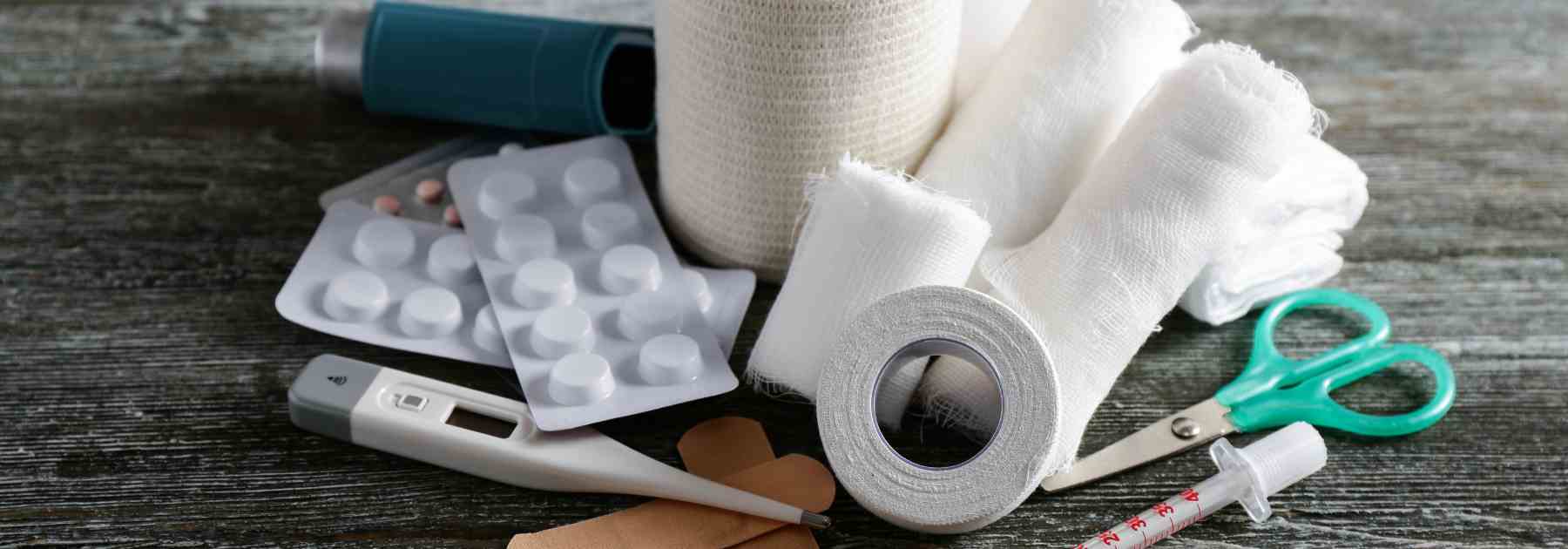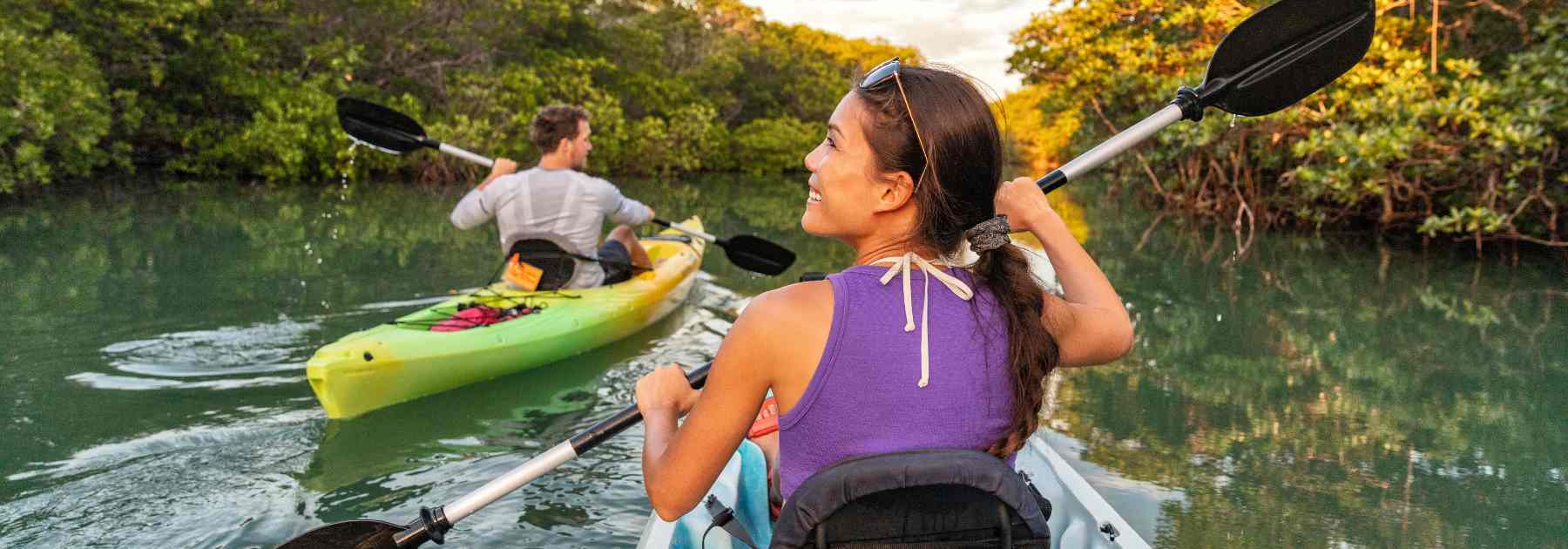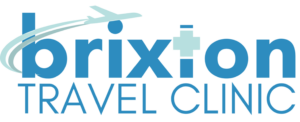At Brixton Travel Clinic, we believe that taking control of your health while travelling is essential for a safe and enjoyable trip. Whether you’re heading to a tropical destination, exploring a bustling city, or venturing into remote areas, being prepared with a well-stocked travel first aid kit can make all the difference. From treating common illnesses to managing unexpected minor injuries, a properly equipped kit ensures that you’re ready for whatever comes your way.
In this blog, we’ll guide you on how to pack and use a travel first aid kit, and we’ll explain what you might need to treat common health issues while travelling.
Why You Need a Travel First Aid Kit
No matter where you’re going, the unexpected can happen while travelling. From minor cuts and scrapes to stomach upsets and allergic reactions, having a travel first aid kit on hand allows you to address these problems immediately, rather than searching for medical help in an unfamiliar place. This is particularly important if you’re travelling to a remote area where medical facilities might be limited.
A travel first aid kit gives you peace of mind, ensuring that you’re prepared to treat yourself or others in your travel party should a health issue arise.
What to Pack in Your Travel First Aid Kit
A well-stocked travel first aid kit should be tailored to your destination and personal health needs. Here’s a breakdown of the essential items to include and what they can treat:
1. Basic Medical Supplies
Every kit should contain fundamental supplies to handle minor injuries:
- Plasters and bandages: These are useful for covering small cuts, blisters, and abrasions. For example, if you get a cut or blister while hiking, applying a plaster can protect the wound from infection and help it heal faster.
- Sterile gauze pads and adhesive tape: These are important for dressing larger wounds or scrapes to keep them clean and prevent infection.
- Antiseptic wipes or cream: Use these to clean wounds before applying a bandage. If you get a small cut or scratch, cleaning it with an antiseptic wipe reduces the risk of infection.
- Tweezers and scissors: Tweezers can help remove splinters or ticks, while scissors are useful for cutting bandages or gauze to size.
- Thermometer: Having a thermometer allows you to monitor a fever, which could be a sign of a more serious infection.

2. Medications for Common Illnesses
Your travel first aid kit should also include medications to treat common travel-related illnesses:
- Pain relievers such as paracetamol or ibuprofen: These are essential for treating headaches, muscle aches, or reducing fever. If you develop a fever or experience pain from long days of sightseeing, these medications can offer quick relief.
- Anti-diarrhoea tablets: Traveller’s diarrhoea is a common issue, particularly when visiting countries with different food hygiene standards. Medications like loperamide can help manage diarrhoea and prevent dehydration during your trip.
- Antihistamines: Use antihistamines such as cetirizine or loratadine to treat allergic reactions, whether from food, insect bites, or environmental allergens. If you’re allergic to pollen or get an unexpected insect bite, antihistamines can reduce swelling and itching.
- Antacids: If you experience indigestion or heartburn after trying unfamiliar foods, antacids such as Gaviscon can quickly relieve discomfort.
- Motion sickness tablets: If you’re prone to nausea while travelling by car, boat, or plane, taking motion sickness tablets like Dramamine or cinnarizine can prevent discomfort during long journeys.
- Rehydration salts: If you become dehydrated due to diarrhoea, excessive sweating, or heat exposure, oral rehydration salts help restore lost electrolytes and keep you hydrated.
3. Personal Prescription Medications
If you take prescription medications, pack enough to last the entire trip, plus a few extra days in case of travel delays. Keep them in their original packaging, along with a copy of your prescription, in case customs officers ask for proof. Always have these medications easily accessible in your carry-on luggage.
4. Insect Repellent and Bite Treatments
Travelling to tropical or rural areas may expose you to insects, some of which carry diseases like malaria or dengue fever. Your travel first aid kit should include:
- Insect repellent with DEET to prevent mosquito bites.
- After-bite cream to reduce itching and swelling from insect bites.
These items are particularly important in areas where mosquito-borne illnesses are common. Even if the risk is low, it’s always better to prevent bites in the first place.
5. Sunscreen and After-Sun Care
For sunny destinations, pack high-SPF sunscreen to protect your skin from sunburn. After-sun lotion is also essential for soothing sunburnt skin. Sunburn can make your holiday uncomfortable, so applying sunscreen regularly helps prevent damage to your skin.
6. Water Purification Tablets
If you’re travelling to areas where the water supply might not be safe, include water purification tablets in your kit. This is especially important for remote or rural destinations where bottled water might not be readily available.

How to Use Your Travel First Aid Kit
Knowing how to use the items in your travel first aid kit is just as important as packing them. Here’s how you can use the kit in various scenarios:
- For minor cuts and scrapes: Clean the wound with an antiseptic wipe, apply a sterile gauze pad if needed, and secure it with a plaster or bandage. Keeping the wound clean and covered prevents infection.
- For allergic reactions: If you experience an allergic reaction from food or insect bites, take an antihistamine to reduce symptoms like swelling, itching, or hives.
- For diarrhoea or dehydration: If you develop diarrhoea, take an anti-diarrhoea tablet and drink plenty of fluids. Use rehydration salts to replenish lost electrolytes and prevent dehydration.
- For muscle aches and fever: If you experience aches, pains, or a mild fever, take pain relievers like paracetamol or ibuprofen to reduce discomfort and help you recover faster.
Additional Travel Health Tips
Along with packing a comprehensive travel first aid kit, there are other steps you can take to safeguard your health while travelling:
- Get Vaccinated: Depending on your destination, you may need travel vaccinations such as yellow fever, typhoid, or hepatitis A. Visit Brixton Travel Clinic to discuss your travel vaccination needs.
- Practice Good Hygiene: Regularly wash your hands, especially before meals, to minimise your risk of foodborne illnesses.
- Stay Hydrated: Drink plenty of water, particularly if you’re in a hot climate or travelling to high-altitude destinations.
Taking Control of Your Travel Health
Taking control of your health while travelling is essential for a safe and enjoyable trip. By packing a well-stocked travel first aid kit and knowing how to use it, you can handle minor health issues quickly and effectively. At Brixton Travel Clinic, we’re here to provide expert advice on what to include in your travel kit and ensure that you’re fully prepared for your journey.
Contact us today to discuss your travel health needs and vaccinations.

This blog was written on behalf of Brixton Travel Clinic by Pharmacy Mentor.
